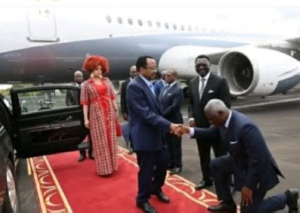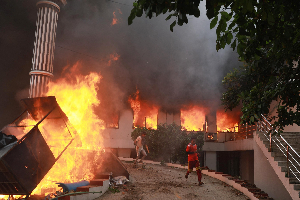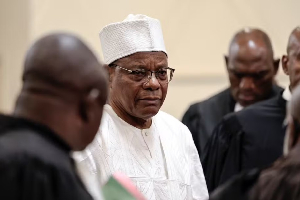A study by the Cameroonian government has revealed that two counteractive decisions would lead to a readjustment of the 2015 Finance Law even though the end of the budget year is three months away.
This option was explained by the fact that the execution of this law, whose budget is balanced in revenue and expenditure at 3,746,600,000,000 FCFA, does not run as expected.
Taking into account the decline in oil revenues due to the fall in oil prices on the international market, resulting in a shortfall in the state coffers, the government is aware of the fact that "revenue and expenditure have not been implemented as planned." It 'may', instead of readjusting the 2015 budget, include them in the 2016 budget,” said Titi Pierre, Minister of Finance.
“Today, it is in the perspective of the 2016 budget and all arrangements are made for all sectors as decided by the head of state, in terms of growth acceleration put in perspective from 2016,” he said.
In other words, everything suggests that “what has not been done in 2015 will be included in the 2016 budget and we put a perspective to 2020,” said Pierre Titi.
According to the government, Cameroon facing a problem of infrastructure, must catch up in order to create favorable conditions for private investment, as it is true that it will be difficult to attract private investors “if the state does its duty to implement infrastructure projects which are usually heavy.”
After the adoption of the budget law, the president of the Republic, Paul Biya, signed in February 2015, a decree to “immediately” implement the three-year emergency program worth an investment of 900 billion FCFA. This is a condition which is expected to provide the country with a number of infrastructure in sectors as varied as education, water, energy, social housing, roads, health, or Security.
The recent joint mission of the International Monetary Fund (IMF) and the African Development Bank (ADB) which visited Cameroon until last weekend, attracted the attention of the Cameroonian government on the accelerated pace of debt .
Infos Business of Tuesday, 29 September 2015
Source: APA













